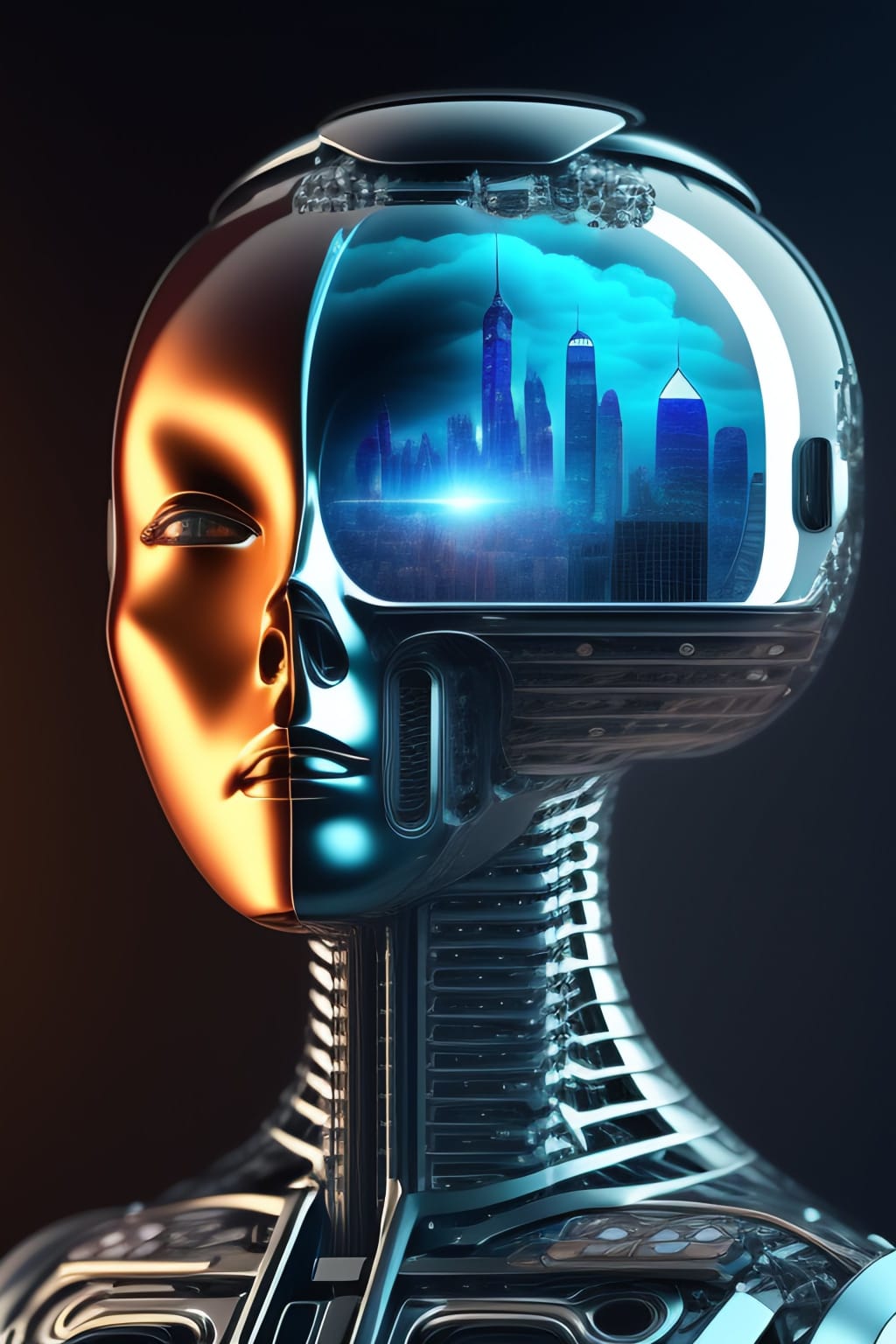Are we ready for an AI revolution ?
Artificial Intelligence (AI) has been a buzzword in the tech industry for decades, but in recent years, it has become more than just a theoretical concept....

Artificial Intelligence (AI) has been a buzzword in the tech industry for decades, but in recent years, it has become more than just a theoretical concept. AI is already being used in a wide range of industries, from healthcare to finance to transportation, and its potential for further transformation is immense. With advancements in technology and a growing interest in AI, many are wondering if we are ready for an AI revolution.
To answer this question, it's important to first understand what we mean by an AI revolution. Essentially, an AI revolution refers to a time when AI is integrated into every aspect of society, from the way we work to the way we live. This integration could have far-reaching implications, from improving productivity and efficiency to changing the nature of work and employment. It could also raise concerns around privacy, ethics, and the impact of automation on the workforce.
So, are we ready for an AI revolution? The answer is complicated. On the one hand, we have made significant progress in AI research and development, and there are many exciting use cases for the technology. On the other hand, there are still many challenges that need to be addressed before we can fully embrace an AI-driven world.
Let's start with the positives. AI has already made significant contributions to various industries. In healthcare, AI is being used to help diagnose diseases, develop new treatments, and even predict outbreaks of infectious diseases. In finance, AI is being used to detect fraud, automate trading, and improve risk management. In transportation, AI is being used to develop self-driving cars and optimize traffic flow. These are just a few examples of the ways in which AI is already changing the world for the better.
Furthermore, AI has the potential to revolutionize entire industries, creating new opportunities and transforming the way we work. For example, in manufacturing, AI could help automate repetitive and dangerous tasks, freeing up workers to focus on more creative and high-level tasks. In customer service, AI-powered chatbots could handle routine queries, allowing human agents to focus on more complex and nuanced customer interactions. In education, AI could help personalize learning for individual students, ensuring that each student receives the support and resources they need to succeed.
However, there are also many challenges that need to be addressed before we can fully embrace an AI-driven world. One of the biggest challenges is ensuring that AI is developed and used in an ethical and responsible manner. There are concerns around bias in AI algorithms, which could perpetuate existing inequalities and discrimination. There are also concerns around the impact of automation on the workforce, and how we can ensure that workers are not left behind as jobs become increasingly automated.
Another challenge is ensuring that AI is secure and reliable. As we become more reliant on AI systems, any failures or vulnerabilities could have serious consequences. For example, a self-driving car malfunction could result in a serious accident. As such, it's important that AI systems are developed with security and reliability in mind, and that they are regularly tested and updated to address any vulnerabilities.
Finally, there is the challenge of ensuring that individuals' privacy is protected in an AI-driven world. As AI systems become more sophisticated, they are likely to collect and process vast amounts of personal data. This data could be used to make decisions about individuals, such as whether they are eligible for a loan or insurance. As such, it's important that privacy laws are updated to reflect these developments, and that individuals have control over their own data.
So, are we ready for an AI revolution? The answer is that we are getting there, but there is still much work to be done. AI has enormous potential to improve our lives, but it's important that we address the ethical, social, and technological challenges that come with it. By doing so, we can ensure that AI is developed and used in
About the Creator
M Burhan Khan
A Fantasy Lover, A Fantasy Writer





Comments
There are no comments for this story
Be the first to respond and start the conversation.